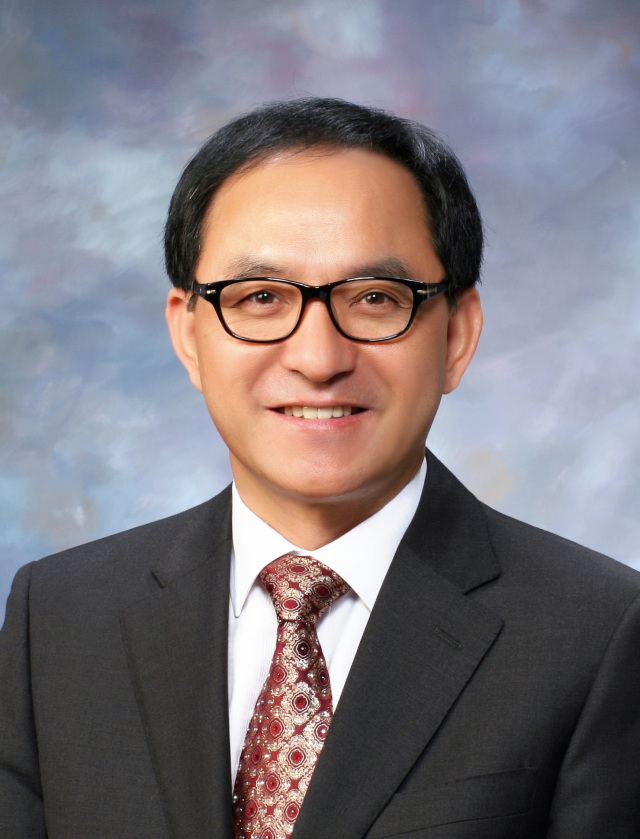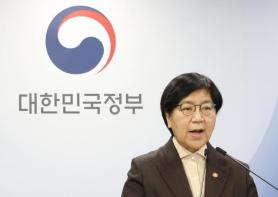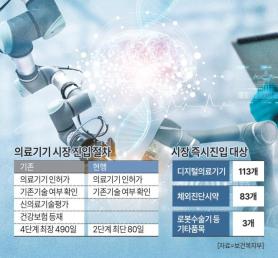
Lee Jae-hee, Senior Researcher at Korea Educational Development Institute
As the era of artificial intelligence reshapes the global economy, one reality has become impossible to ignore: South Korea is falling behind in the race for talent.
While other nations aggressively cultivate scientists, engineers and researchers, South Korea continues to funnel many of its brightest students into medical schools — an imbalance that risks undermining the country’s long-term competitiveness.
The contrast was laid bare in a KBS documentary that aired in July, which compared China’s systematic investment in engineering talent with South Korea’s overwhelming emphasis on medicine. The documentary struck a nerve, prompting the release of a book in November that further examined the nation’s deep-rooted talent bottleneck. The public shock it generated was not misplaced.
South Korea’s university system has struggled for years to keep pace with global peers, and international rankings reinforce that concern. In the QS 2026 list, only three Korean universities — Seoul National University at 38th, Yonsei University at 50th, and Korea University at 61st — placed in the top tier.
The Times Higher Education 2026 rankings put SNU at 58th, KAIST at 70th, Yonsei at 86th, and Sungkyunkwan at 87th. ARWU’s 2025 table placed SNU 81st.
These results tell a sobering story: English-speaking countries and China dominate the global academic landscape, while South Korea’s best institutions struggle to break into the very top ranks.
The weakness is not simply reputational. A report by THE and Elsevier found that SNU’s College of Natural Sciences lags significantly in research impact when compared with institutions like UC Berkeley and Cambridge. The report cited uneven research performance among faculty, limited international collaboration and an overall lack of scale — issues that cannot be solved by rhetoric alone.
Meanwhile, China continues to expand its lead in AI and engineering, producing vast numbers of specialized graduates each year.
Compounding the problem is the steady loss of homegrown talent. A Bank of Korea survey found that nearly 43 percent of domestic STEM workers are considering leaving the country, drawn by better pay and clearer career pathways abroad. South Korea trains promising researchers, only to watch them depart for environments that value their expertise more.
The Lee Jae Myung administration has acknowledged these shortcomings, proposing a “National Scientist” program to support top researchers and attract 2,000 foreign experts in AI and semiconductors over the next five years. But unless this initiative offers more flexibility and long-term stability than China’s well-established program, it risks becoming another symbolic policy rather than a transformative one.
The urgency is evident. Despite receiving 260,000 NVIDIA GPUs from CEO Jensen Huang at the 2025 APEC summit — a windfall most countries could only dream of — South Korea still faces a critical shortage of AI specialists capable of putting those processors to meaningful use. Hardware without talent is simply infrastructure waiting to be wasted.
If South Korea truly wants to compete in the tech talent war, it must reorient its priorities. That means elevating science and engineering to the same status — socially and economically — as medicine. It means building a research ecosystem that can withstand political cycles. And it means ensuring that gifted students do not see their greatest opportunities in foreign labs and multinational companies.
Otherwise, the country risks watching the AI era unfold from the sidelines — not for lack of resources, but for lack of people empowered to use them.
About the author
-B.A. in English Education, Seoul National University
-Ph.D. in Education, Seoul National University
-Senior Researcher, Korea Educational Development Institute
-Research Professor, University of Texas at Austin
-President, Korean Society of Elementary English Education
* This article, published by Aju Business Daily, was translated by AI and edited by AJP.
Copyright ⓒ Aju Press All rights reserved.




